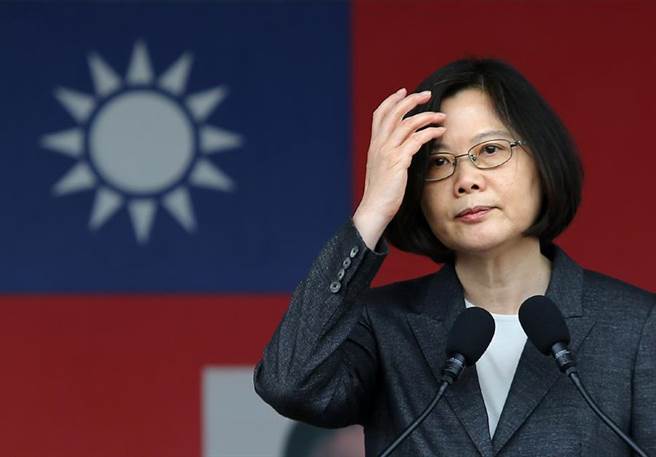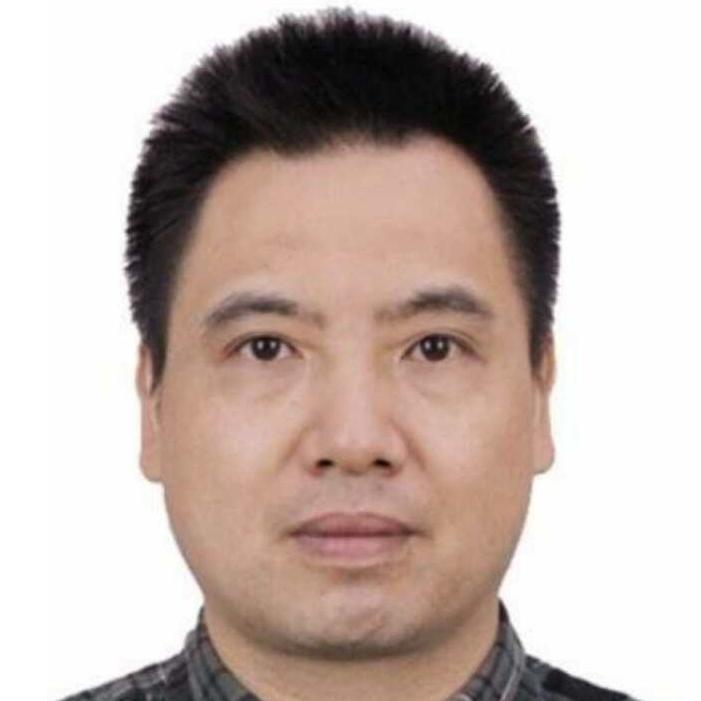The stubborn denial of the “1992 Consensus” by Tsai Ing-wen since becoming Taiwan’s leader a year ago has led to the collapse of the political basis once shared on both sides of the Taiwan Straits. As a result, Taiwan failed to participate in this year’s World Health Assembly starting May 22 , an annual event that it had been able to attend regularly as an observer since 2008, one more evidence of the chilling standoff in the cross-straits relations between mainland China and Taiwan.In order to have a fair judgment of the development and come up with an accurate prediction of the cross-straits relations, we need to take a close look at what the Tsai Ing-wen authorities did in the past year.

First, the Democratic Progressive Party (DPP) regime in Taiwan has replaced the legal prerequisite for cross-straits relations with a political prerequisite of the party itself, thus ushering in a period of cold confrontation. Beijing consistently holds that so long as the two sides have a common political basis, it is willing to get into consultations with the other side to address and peacefully settle the political issues dividing them. Taiwan’s ability to involve in international activities after 2008 with a proper status is a case in point. Ma Ying-jeou, the previous Taiwan leader who had a Ph.D degree in law, understands the need to address and solve such issues within the bounds of international law and the constitutional documents of the two sides. While in office, he handled cross-straits matters by defining cross-straits relations strictly under Taiwan’s constitutional documents and relevant regulations governing relations between the people from the two sides of the straits. Consequently, the Taiwan authorities under Ma were able to respond positively to Beijing’s principled position on peaceful settlement of the Taiwan question. In fact, belonging to one and same China is the legal provision contained in the constitutional documents of both sides. It is also a provision of international law that is enshrined in of the United Nations General Assembly Resolution 2758 per the status of China’s representation. The approach chosen by the Ma Ying-jeou authorities was indeed quite conducive to solving the deadlock, which explained why the Taiwan Straits, once a hotbed of tension and conflict in East Asia, was able to enjoy stability, harmony and peaceful development for eight years.
The moment Tsai Ing-wen took office as Taiwan’s leader, she kept calling the one-China principle a political prerequisite put up by Beijing. As a matter of fact, it is the DPP authorities in Taiwan, rather than in the mainland, that put up political prerequisite for cross-straits relations. As said, the one-China principle is the legal principle provided for in international law and the constitutional documents of the two sides of the Taiwan Straits. It is not a political principle at all. The People’s Republic of China, being a permanent member of the UN Security Council and a responsible major power always acts in full compliance with international law and provisions of domestic laws, and is ready to address the issue of Taiwan’s involvement in international activities with proper status consistent with the prevailing international order.
The reason why Beijing calls it the political basis for cross-straits relations is because, as of now, the legal documents of the two sides are not completely compatible, and the concept of “political basis” may better convey the consensus reached by the two sides. The KMT concurs with the concept perhaps with the same consideration in mind. Among the three major political parties of the two sides, only the DPP has a “party program for Taiwan independence” and a “text of resolution for Taiwan’s future”, which are partisan documents inconsistent with the constitutional documents in Taiwan. Only the DPP fails to define cross-straits relations in accordance with law. By replacing the existing legal definitions of cross-straits relations from both sides with a political definition of its own, the DPP tries to thoroughly and perpetually change the legal status quo of the Taiwan Straits. It is precisely because of such a political prerequisite put up by DPP that the current Taiwan authorities have turned down what was offered in the 2005 MOU between the mailand and the WHO and that an unlawful petition to air grievances was presented at the WHO doorstep this year. The international community must act promptly to discipline such blatant breaches of international law, sabotages of international order and attempts to replace legal principles with politically motivated ones. Should the DPP be allowed to push further its political agenda aimed at transforming legality with its partisan politics and at changing Taiwan’s status quo with impunity, then future cross-straits relations will face critical dangers, something we cannot afford to ignore.
Second, the DPP authorities in Taiwan are moving increasingly towards authoritarianism, which is undermining the balancing system in the island’s politics. Thanks to years of efforts, Taiwan has become a so-called “democratic beacon for Asia” with the DPP and KMT winning elections in rotation. But that rotation requires a healthy environment featuring political fair play as well as checks and balances by political parties. Yet with the rise of the “sunflower student movement” as well as aftermaths of the 2014 nine-in-one elections and 2016 two-in-one elections, the DPP has assumed near complete domination of Taiwan politics. It should not have become a cause for alarm. But after taking office as Taiwan’s leader, Tsai Ing-wen pushed for “transitional justice”, went after “improper party property” and gave rein to retroactivity and presumption of guilt in an all-out suppression of the KMT. In the name of judicial reform, she managed to pull Taiwan’s judiciary power practically under her control. In the name of pension reform, she went after those who had voted for Pen-Blue candidates in past elections. Most recently, in disregard of public-opinion polls, she pushed forcefully the so-called “foresight program” aimed at beefing up the DPP-controlled cities and counties at the expense of Taiwan’s future as a whole and undercutting the political support of the Blue camp. Should such a trend continue, the Blue is likely to lose out its bases of political support, making it impossible to rise again as an effective force to balance the DPP and nurture a sound political atmosphere within Taiwan. This will impair political order in Taiwan, destroy its political ecology that took years to grow, cause a tipping of the balance of political power on the island and allow the DPP-led forces to act recklessly beyond control. This is also something we cannot afford to ignore.
From May 20 of 2016 onward, the mainland has unswervingly worked to ensure a peaceful development of cross-strait relations on the basis of the legal principle that both sides of the Taiwan Straits belong to one and same China. When its policies designed to bring benefit to the Taiwan people were denied inside the island, the mainland China has taken steps instead to help Taiwan compatriots living and working on the mainland such as delivering more enabling residential policies and addressing their concerns more effectively. This definitely reflects the sincerity of the mailand for a peaceful settlement of cross-straits issues despite a unilateral disruption of the status quo by the DPP authorities in Taiwan. If the DPP continues to create obstacles for cross-straits relations out of its selfish partisan interests, there is ample reason for us to feel concerned about the state of mainland-Taiwan relations in the next three years.

